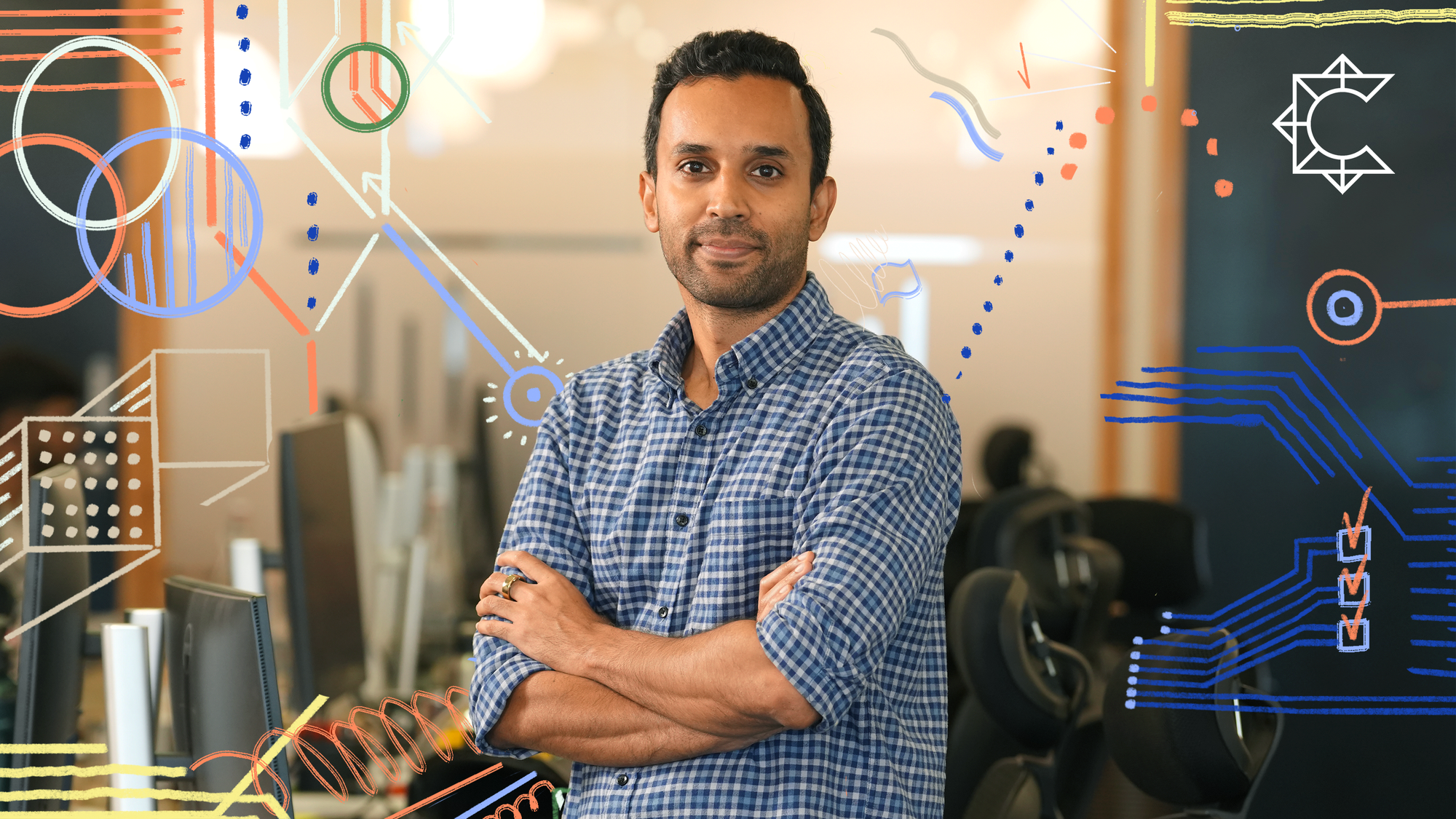Kush Mishra Joins SPC as Visiting Partner

We're so excited to announce that Kush Mishra has joined South Park Commons as a visiting partner. Kush began his career as an embedded engineer at Bosch, helping build the one of the world's first IoT development kits & sensor algorithms. He later founded InterNext, an industrial IoT venture, and spent time at KAUST, researching and securing patents in self-destroying electronics, artificial skin and more. He served as CTO & COO of SenRa, leading the creation of India’s largest IoT network, and launched SaaS platforms for smart cities and industrial applications. Most recently as CPO (Devices) and VP of Engineering at Noise, he spearheaded the launch of the Luna Ring. He was one of the earliest Members of the SPC India community. Kush is an alumnus of IIT Roorkee and Indian School of Business. He is an active angel investor, and engages with academia, industry and policymakers as a speaker and contributor to government panels for India's digital infrastructure. Welcome Kush!
What drew you to South Park Commons?
Kush: The unique thesis of supporting early-stage explorations, specifically in India. It was the first time I'd heard of a community from Silicon Valley supporting Indian founders at such a foundational level. I joined as one of the first members in the community here, for my own exploration. I had just left my previous company and was trying to figure out my next move, meeting with founders and exploring the ecosystem. Interacting with the SPC team and community gave me a much-needed sense of structure and a new perspective. I realized these guys were thinking differently. As Ruchi [Sanghvi] says, you have to "discard the good for the great." I hadn't structured my own journey that way, and when I started engaging with SPC, I saw there was a deeper way to approach things.
Where are your largest areas and markets of expertise?
Kush: My journey has always been about tackling technical challenges and solving complex engineering problems. I started my first company after my MBA, which resulted in a research paper and a U.S. patent within a year. I've made unconventional career choices, like taking a pay cut to join Bosch and passing up other opportunities, because my core curiosity has always been about solving hard tech problems. I grew up just wanting to be called a scientist! I've been involved in groundbreaking projects, including developing the world's first two-wheeler crash detection algorithms and the first mobile application from Bosch India back in 2011. I've always been drawn to hard-to-solve problems and ideas that can change the universe or humanity, and I'd love to connect with founders who share that excitement.
What's the current state of the startup ecosystem in India?
Kush: The core problem I see in the Indian startup ecosystem is a widespread mindset that limits our ambitions. We're too focused on chasing incremental improvements, instead of doing foundational work. We shouldn't limit ourselves. I've heard bureaucrats suggest that deep tech should be left to the "Big Four" or non-Indian companies, arguing that we shouldn't bother with foundational models or quantum computing. I believe this is fundamentally flawed. A human brain is a human brain, and its potential shouldn't be constrained by surroundings. Why even limit your mind to smaller problem statements? Instead of chasing local maxima, Indian founders should be enabled to expand their horizons to tackle the most difficult, world-changing problems. I want to see people go after the hardest challenges facing humanity, from India.
What are some emergent investment or capital trends you're excited about in the Indian ecosystem?
Kush: I've been pleasantly surprised with the influx of hardware ideas emerging out of India and I feel they could get to an even higher level. I am excited to see how people in the Indian ecosystem go beyond ‘dhanda [business], to make world-changing contributions. There's also a bunch of interesting startups coming up in longevity science. Also in distribution, utilizing India's population dividend—how do you pivot the services DNA of India to a whole product DNA? Given that services are going to get disrupted very soon, do you have a thesis around how to get there? How do you either improve efficiency, improve productivity, bring the cost down, or change a service to a product? Having that vision of what India should look like a year, two years, five years, ten years down the line, that’s the vision I am excited to see.
What kind of companies or builders are you interested in working with?
Kush: It’s always exciting to see people who are building instead of just talking. To build is a superpower. My clear winners are people who have the passion and tenacity to learn, and figure out if they are on the right track over time. Those people know that the world is at their command, and have the ability to morph roles and create their own realities. I will always look for that person who has the craziest idea in the room. I have done that as an angel investor, and would now love to support those ideas through SPC. Building for scale, without thinking deeply about your global maxima versus local maxima is an approach I want people to rethink. And I don’t think money is ever the problem. There's enough abundance even today in the world to support crazy founders. I think the money comes where the best ideas and people are. If there’s enough tenacity, if there's enough worthwhile work to do, I think the world comes along.
